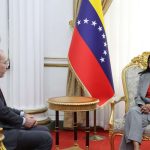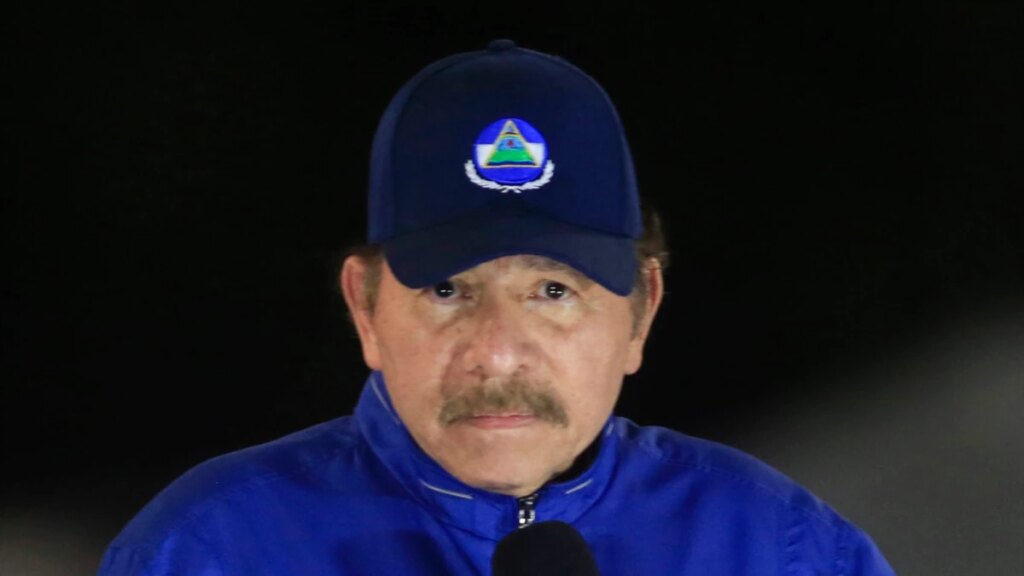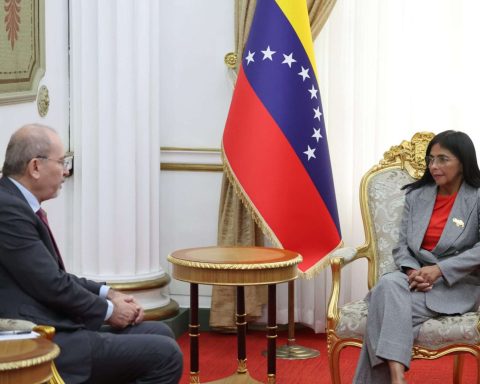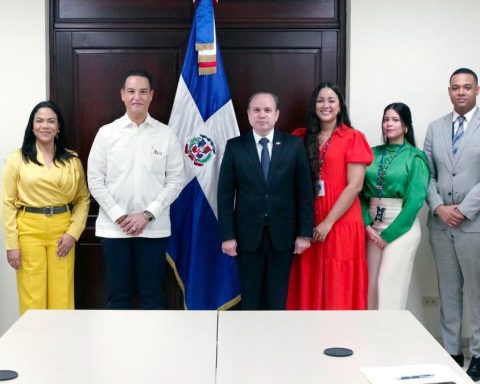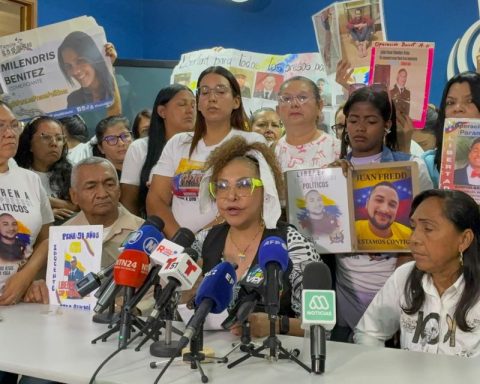While sectors such as the automotive industry, private planes and yachts have managed to consolidate themselves with economy options shared, the housea is added to this model through the holiday segment, with schemes that allow to own only one fraction.
Carlos Emilio Gómez, CEO and co-founder of Vivla, explained that the fractional ownership Real estate mainly serves the market of people looking for a second home, as this allows them not to need to live all year round and thus, access higher value units and have the benefits of being an owner.
“(The model) allows you to buy something much better than you could normally, at a lower cost and with more flexibility,” explained the manager.
“Our model requires profiles (of investors) with a different vision, more innovative, flexible, and entrepreneurs are a very similar market there.”
According to Vivla, the model allows ownership from one eighth of the house, up to a maximum of half, with which all the houses will belong to at least two or up to eight investors, through a commercial company, which regulates participants.
“We allow access to a high consumption product, which today is difficult: the second home. We do it in a flexible, dynamic and agile way, and we allow what is an expense, the vacation, to be converted into an investment”, detailed the manager of the startup.
Although the housing sector is lagging behind in what corresponds to shared business modelsGómez acknowledged that it has been partly due to the complexity of the industry and the amounts of investment required.
Having a house in Spain is possible with “partners”
Housing co-ownership models are already possible at the national level, so Vivla’s commitment is to allow its investors to get a fraction of a residential property in tourist areas of Spain such as Ibiza, Marbella, Mallorca, but also seek to cater to business travelers seeking urban areas such as Madrid.
“For the Mexican and Latin American market we have the urban product, which is luxury, with real estate assets worth 3 or 4 million euros, which can be purchased fractionalized”, detailed the co-founder of Vivla.
Thus, from an investment of between 200,000 and 250,000 euros, the startup offers real estate options in Spain, either among investors from Mexico and Venezuela, but also for clients from northern Europe.
An opportunity in the midst of the emergency
Vivla emerged at the end of 2021 as a model that found an opportunity for development in confinement due to the Covid-19 emergency.
The businessman reported that when observing that workers found the opportunity to work remotely, connected from anywhere in the world, investors opted for the possibility of acquiring a place of residence in areas of greater comfort.
“The crisis and certain events catalyze innovation, change the rules and make everyone start to think differently, which they did not plan before,” he considered.
Vivla currently has a portfolio of about 25 homes, while its goals are to invoice up to 12 million euros this year.






